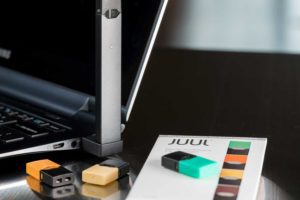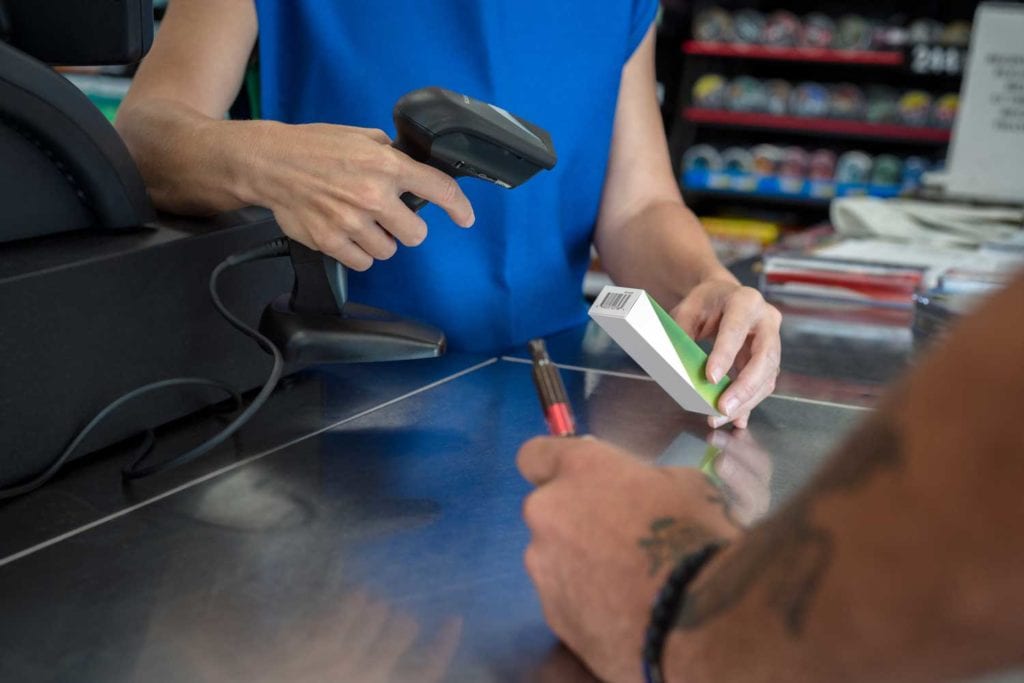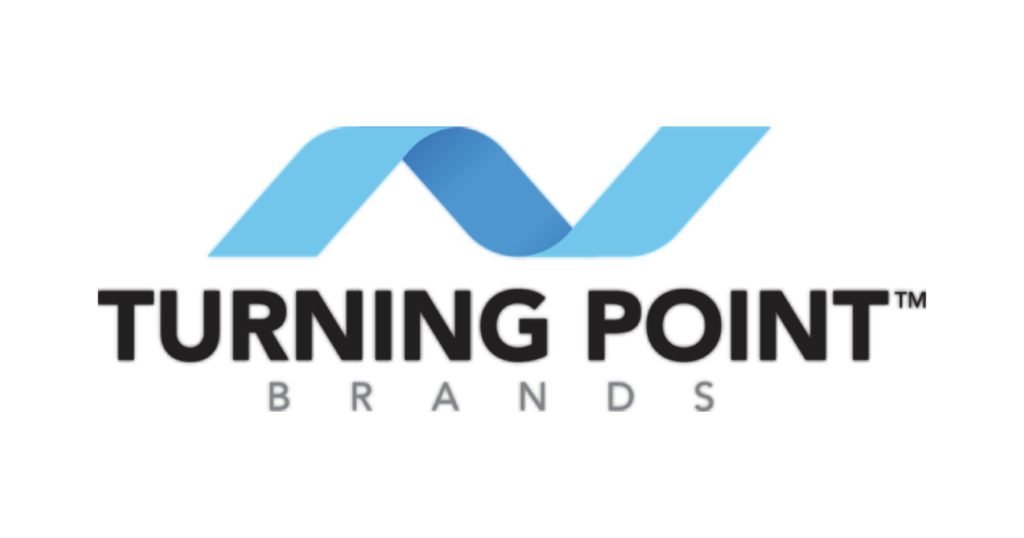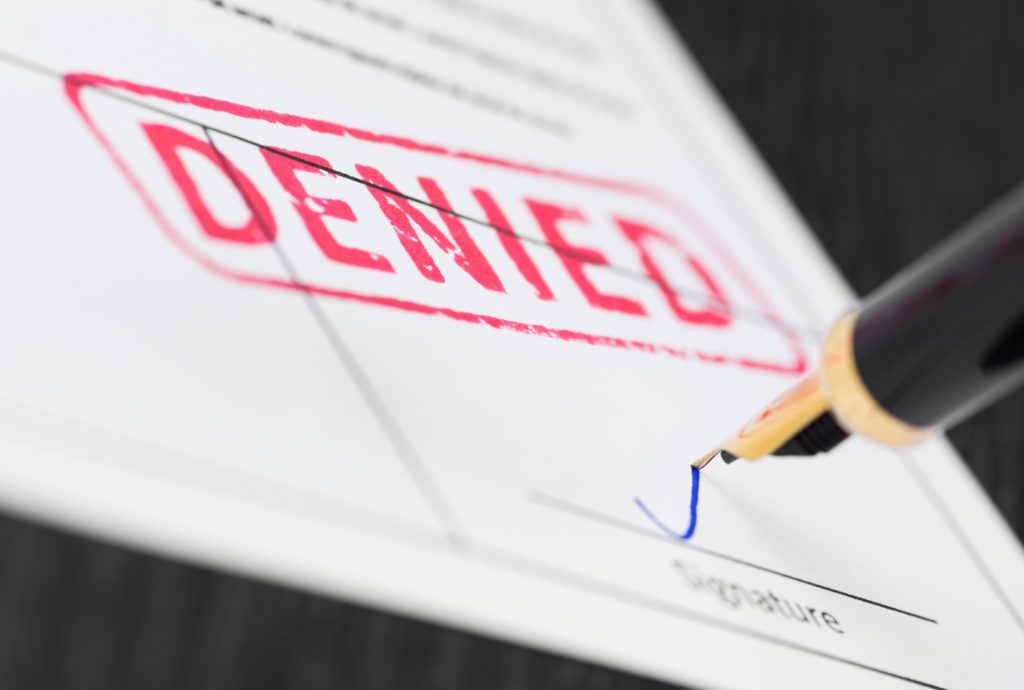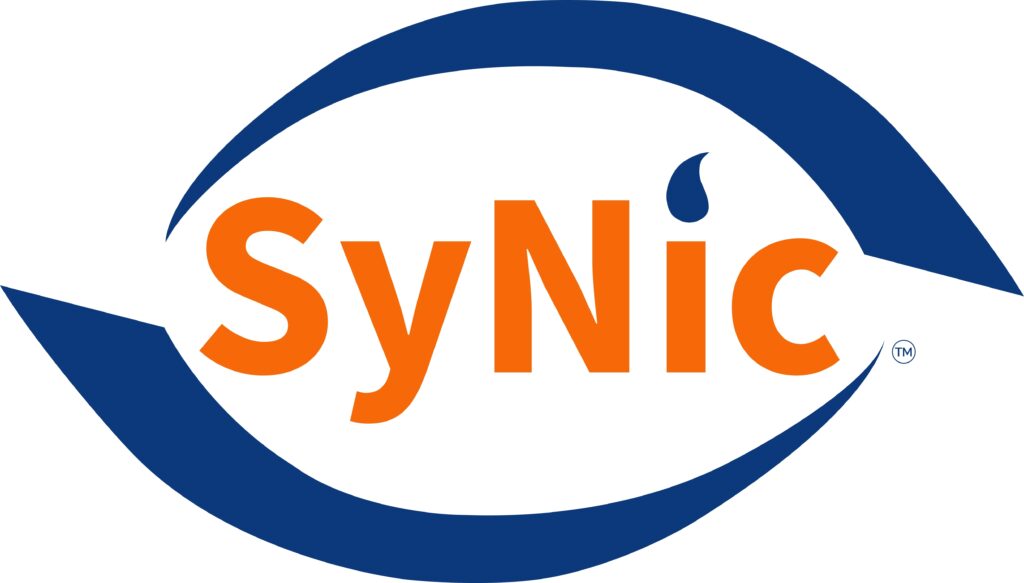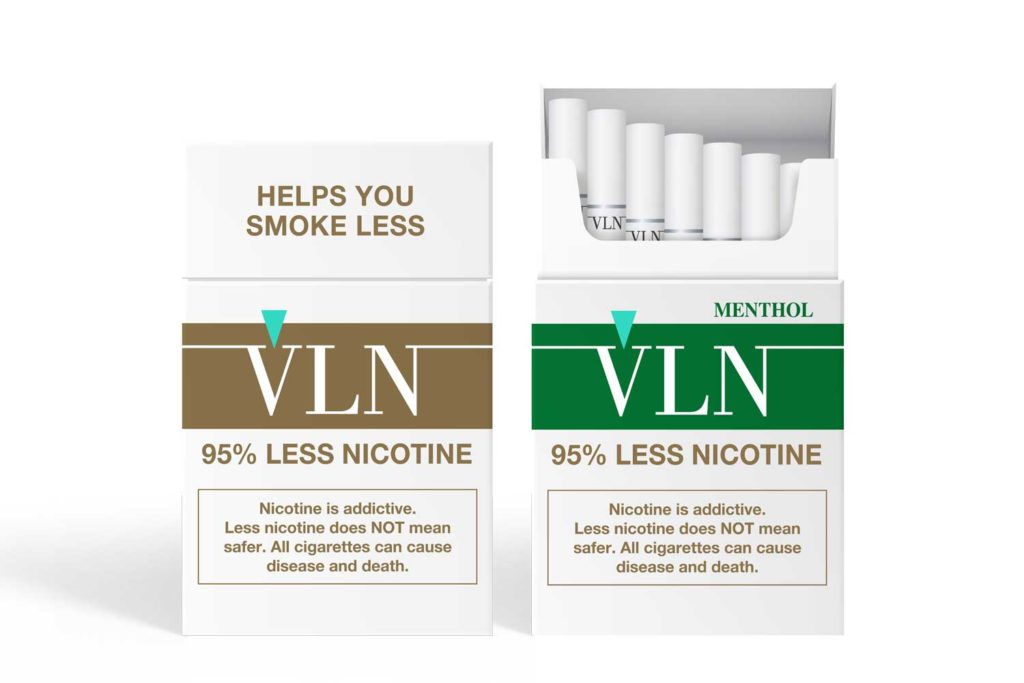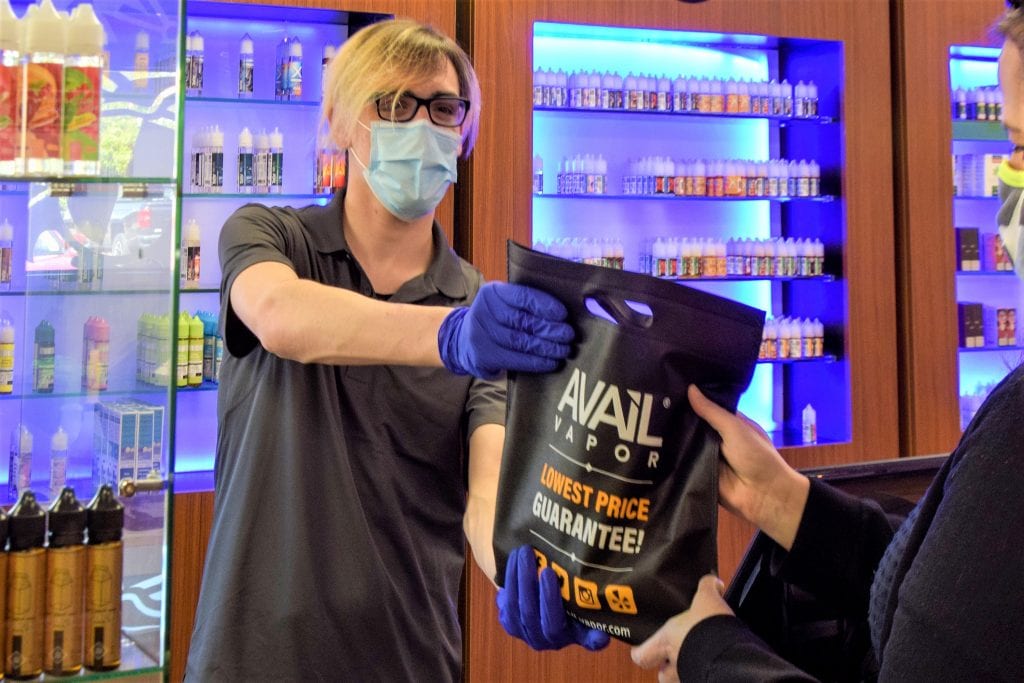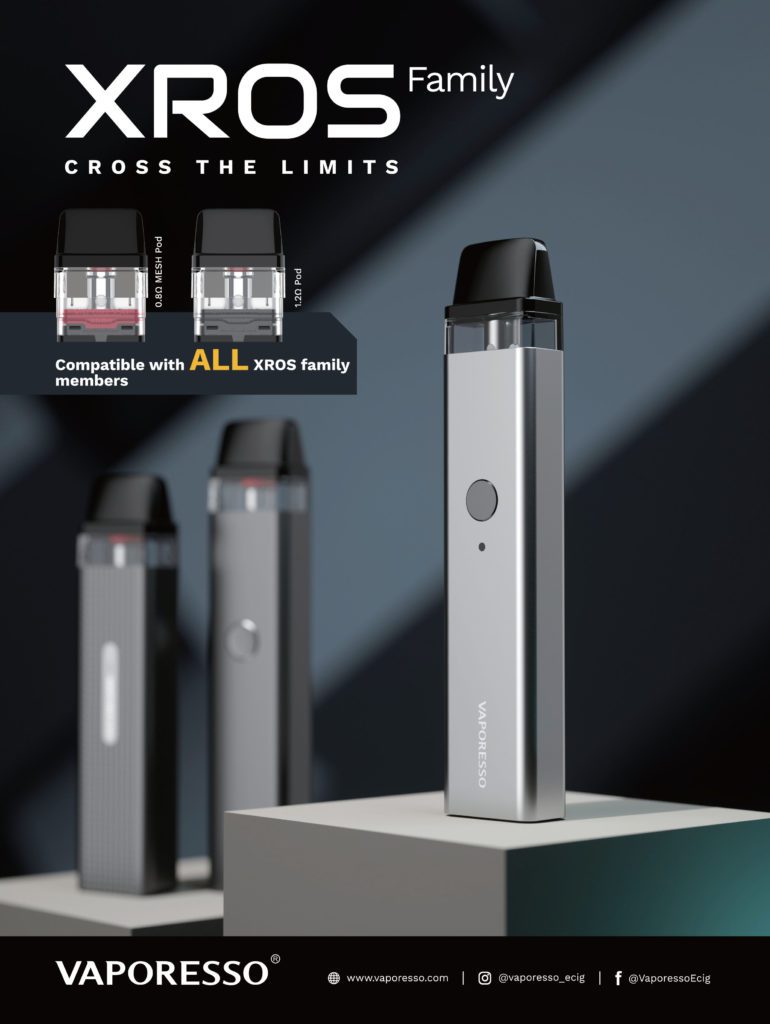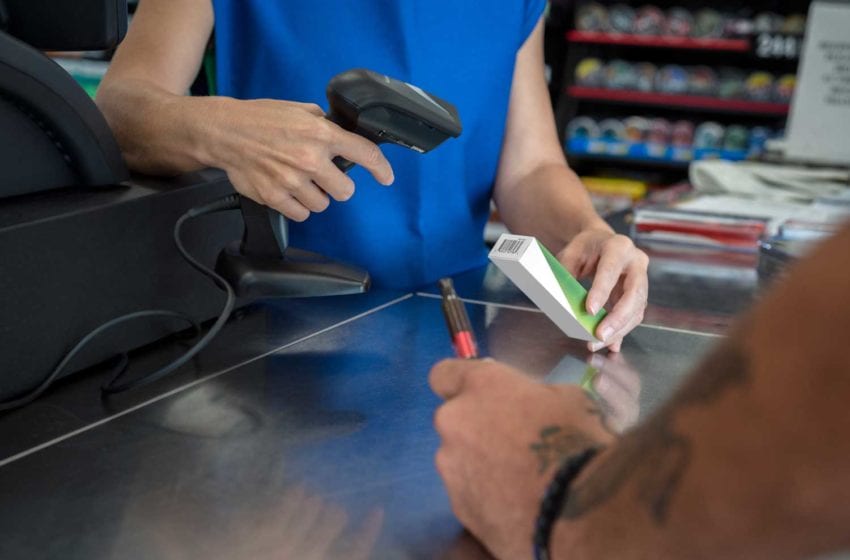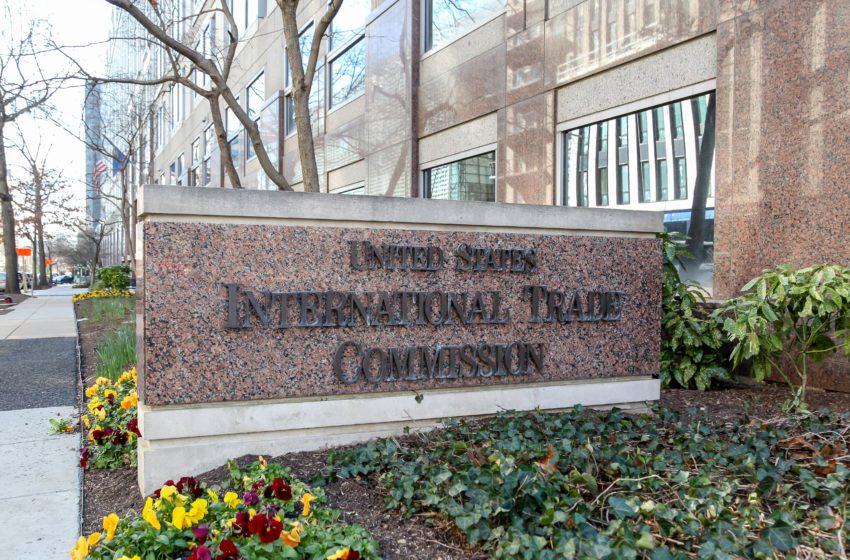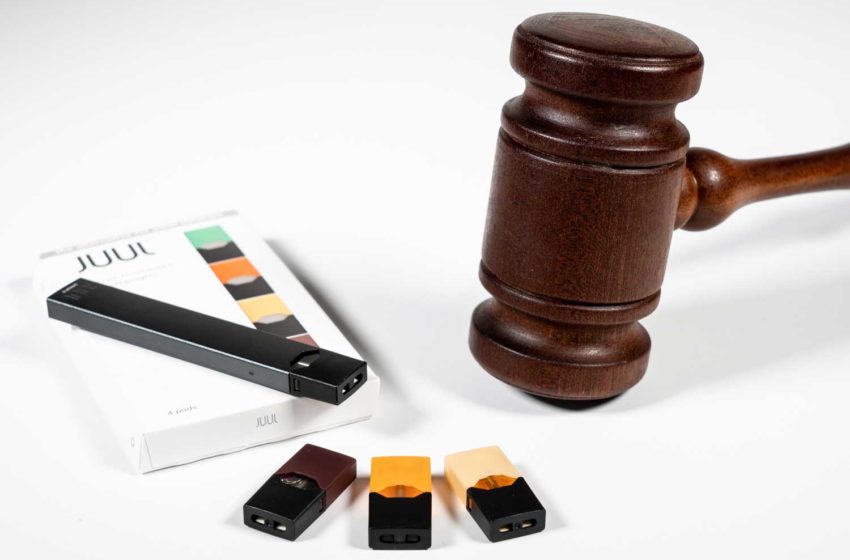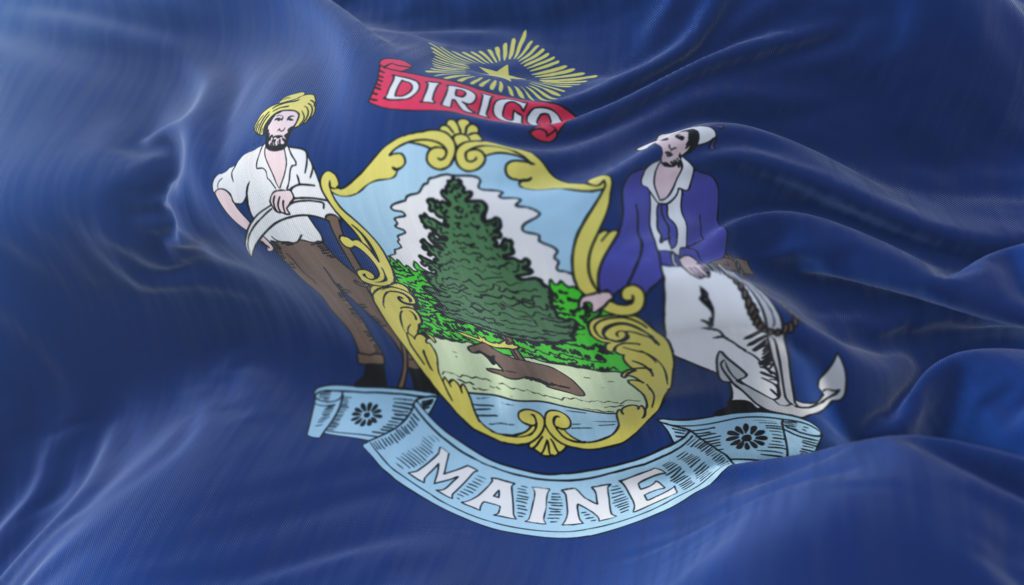
Not everyone is satisfied with Juul Labs’ multi-state settlement over its youth marketing practices. The Maine Attorney General’s Office on Friday said his state would be backing out of its $11 million agreement with e-cigarette manufacturer after objecting to certain conditions from the company.
Maine was set to receive an estimated $11.6 million over the next six to 10 years as part of a nearly $440 million settlement between the manufacturer and 33 states and territories. The investigation found that Juul had marketed its products to youth.
However, as part of the agreement, Juul wanted states to waive the rights of school districts to pursue their own lawsuits, according to the Maine AG’s office. Maine wasn’t willing to agree to that.
“We are disappointed in the outcome of these negotiations, but ultimately we were unwilling to waive the rights of other entities who are also trying to hold Juul accountable for its deception,” Attorney General Aaron Frey said in a statement to The Maine Monitor.
It was not immediately clear if other states would also abandon the agreement.




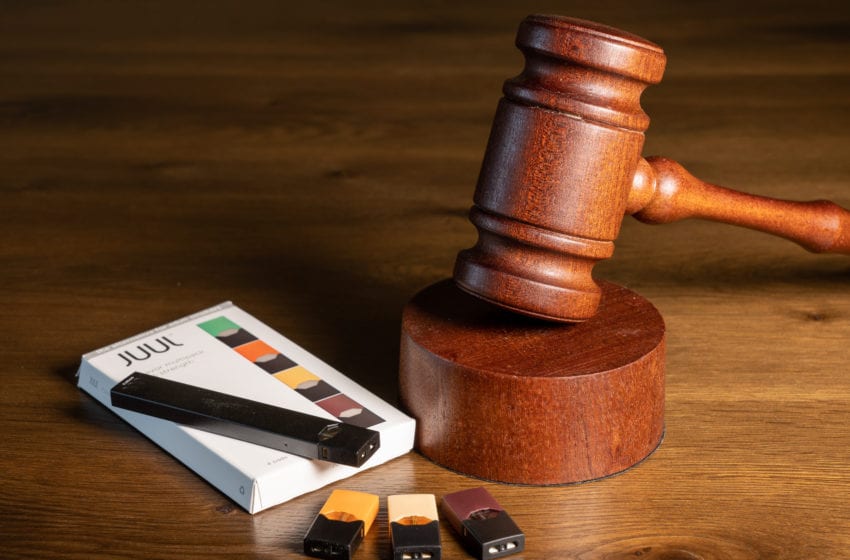



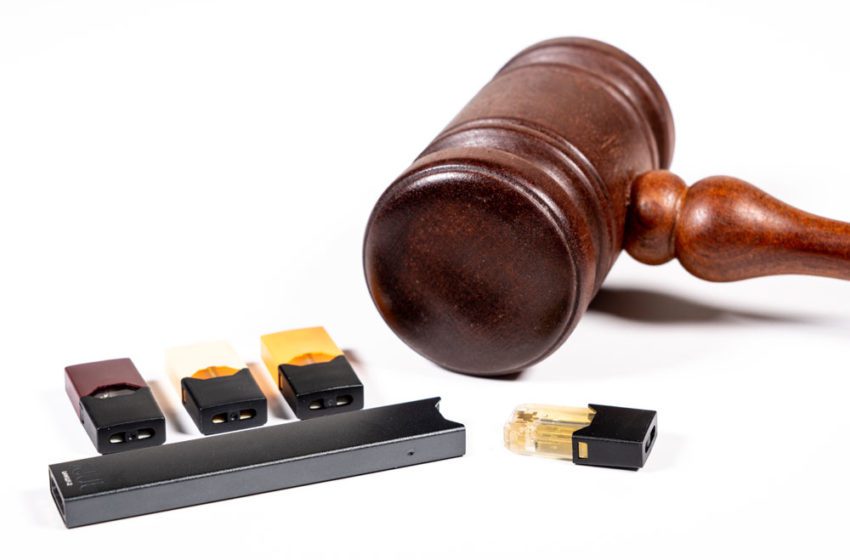
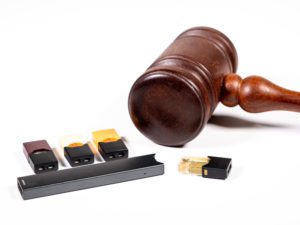




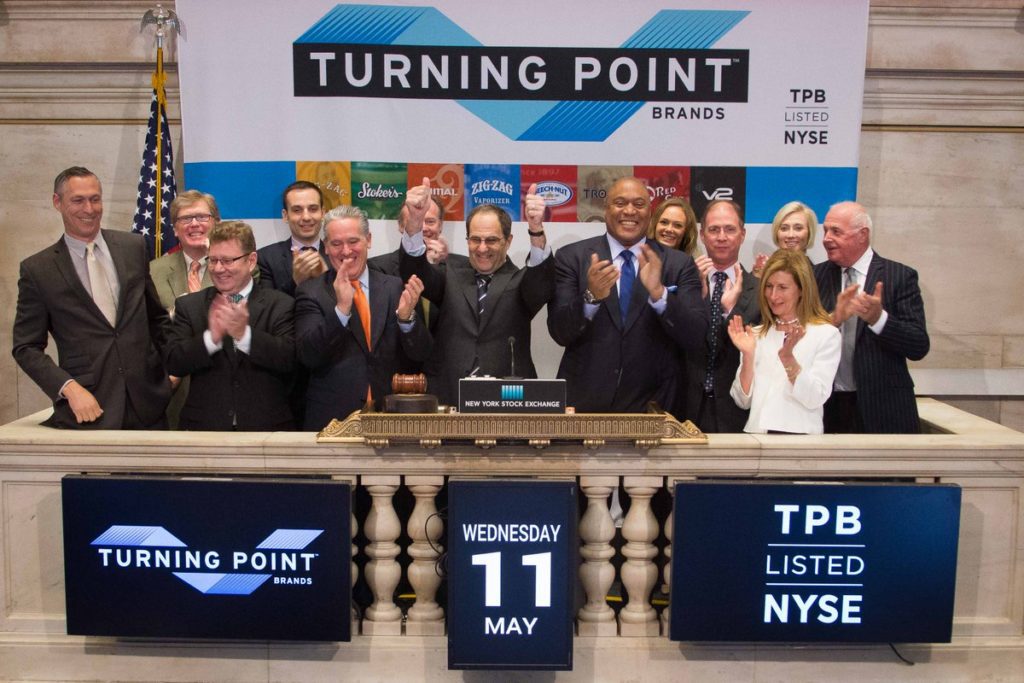



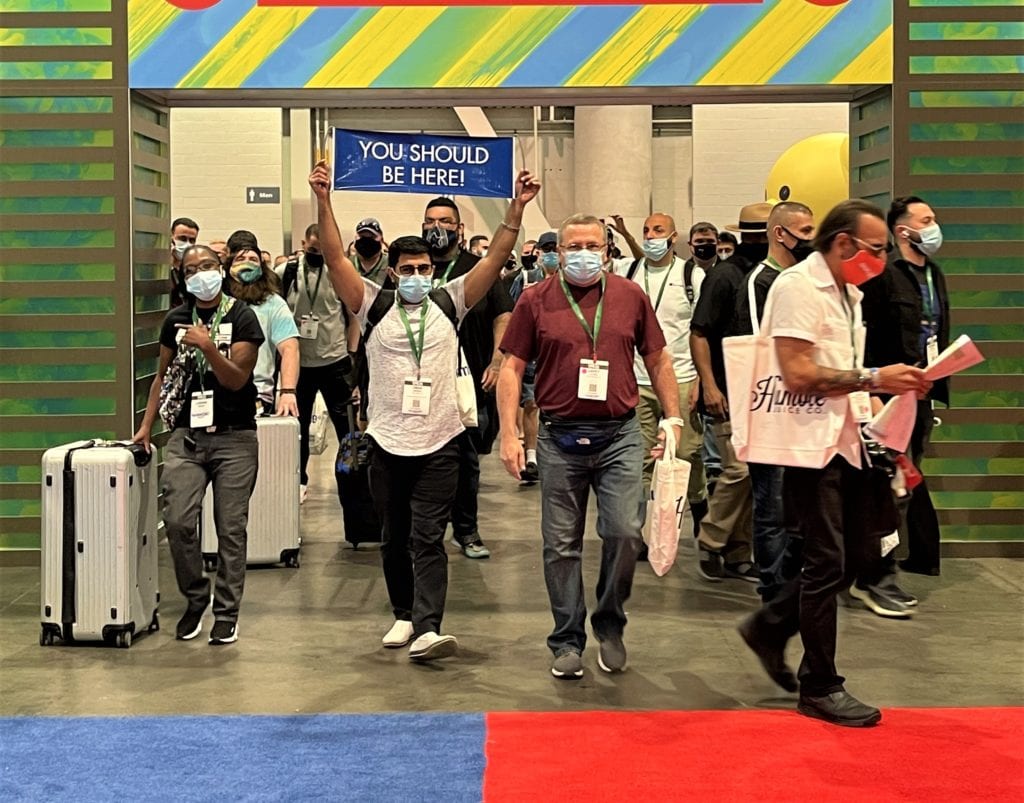
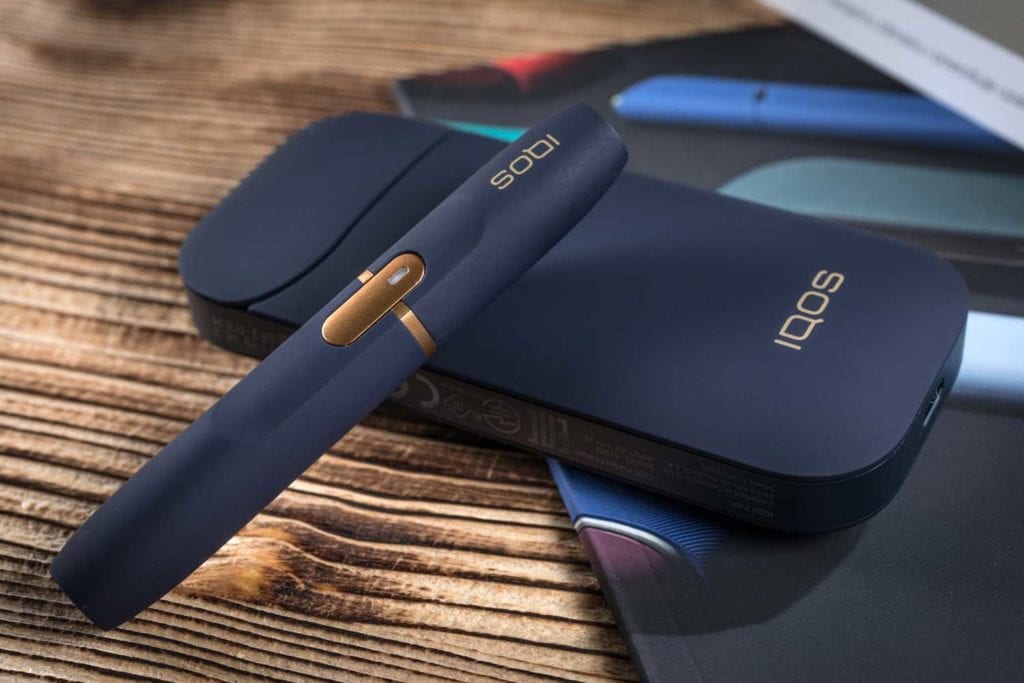
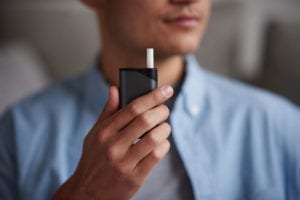 The German Bundestag signed off on a bill to raise taxes on combustible cigarettes, e-cigarettes and HnB tobacco products.
The German Bundestag signed off on a bill to raise taxes on combustible cigarettes, e-cigarettes and HnB tobacco products.

